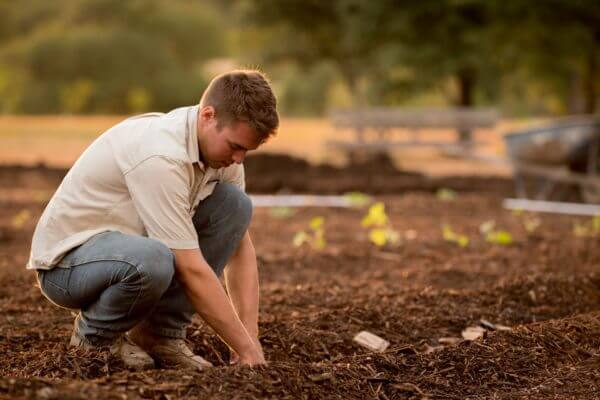Ever heard of the term "sustainable landscaping"?

Sustainable landscaping involves creating a landscape that helps to sustain local wildlife and conserve energy and resources like water. It helps to keep the air clean and leaves as little carbon footprint as possible.
The concept of sustainable landscaping is a way to beautify your home and garden in a very natural way.
Some may define sustainable landscaping as a discipline that encourages plant health, preserves good soil condition, water quality, and other resource conservation. Sustainable landscaping also aims to create a well-balanced relationship between man-made systems and the natural environment.
Modern landscaping techniques are on point. However, it may require maintenance that can burden both your wallet and the environment.
Here Are Some Ideas for Creating Your Own Sustainable Landscape
- Sustainable landscaping should be self-sustaining. It should save you time, effort, and resources.
- Avoid using chemical fertilizers and pesticides. You can use organic fertilizers such as blood meals. You can even make your own compost bin to make your own organic fertilizer.
- Sustainable landscaping can help save clean water. Designing low volume irrigation by installing low volume nozzles and a drip system can help you reduce water usage. Less water is lost to evaporation in this manner.
- In line with water conservation, your landscape should also have a proper drainage system to collect rainwater. The water you collect from this drainage system can be used for your irrigation system.
- Nurture more native plants. Native plants are well-adapted to your local environment. Since they are native in your area, they are already acclimated. They will use fewer resources to maintain compared to any exotic plant you brought in from who knows where.
- Choose eco-friendly materials for hardscaping. For lighting, you can use solar-powered LEDs to cut down energy usage. Also, avoid using PVC pipes. They are inefficient and not biodegradable. Try using recyclable HDPE instead. HDPE pipes are sustainable as they give off no harmful fumes during manufacturing.
- If you are using power tools, try to invest in electricity-powered tools. Avoid tools that use fossil fuels. However, unless your power grid is using a sustainable energy source, you could just be diverting the emissions from your landscape to the fossil fuel power plants.
- Reduce, reuse and recycle whenever possible
Comments
Post a Comment